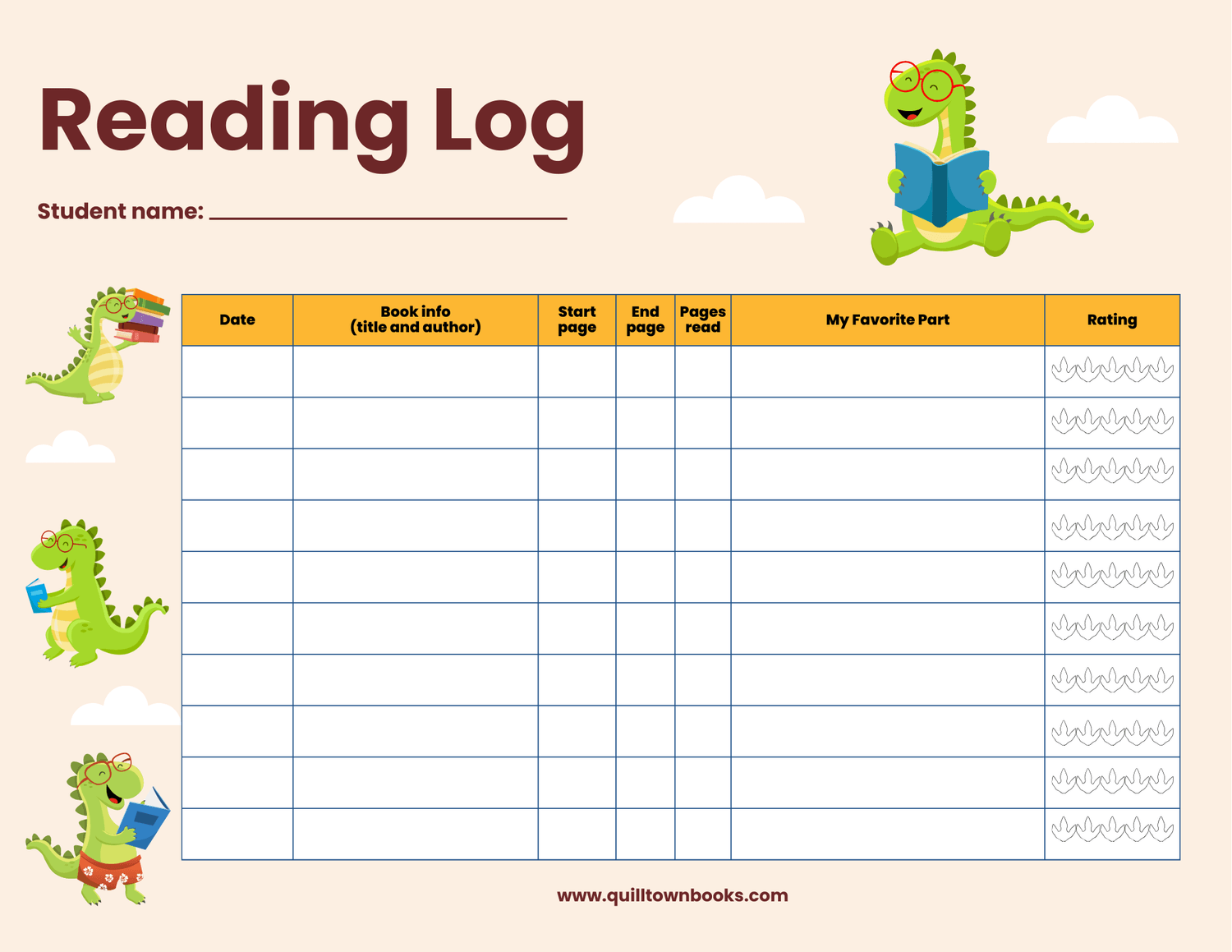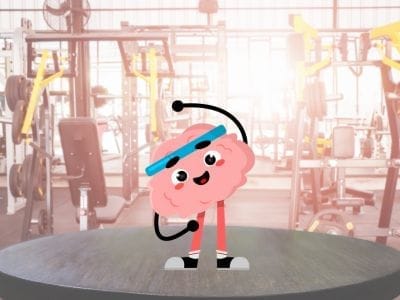The Mental Benefits of Reading Books for Kids (and Parents Too)
The mental benefits of reading for children include stronger memory, better focus, a richer vocabulary, improved writing skills, enhanced critical thinking, and increased empathy. Reading with your child also strengthens family connection and creates lifelong learning habits. Even 10 minutes a day can support healthy brain development and emotional growth for both kids and parents.

Why Reading Matters More Than Ever
When you curl up with a book alongside your child, you are doing more than just passing the time. You are feeding their brain, stretching their imagination, and building habits that last a lifetime. Reading is powerful, not only for children but also for parents. Let’s look at some of the mental benefits of reading, and why making it part of your family’s routine is such a gift.
How Reading Strengthens Brain Development in Kids
Think of reading as a workout for the brain. Every time your child listens to a story or reads on their own, their brain is busy making connections. Studies show that reading strengthens memory and learning centers in the brain, which helps kids process and remember new information more easily (Nuvance Health, 2023).
Real-world example: When your child finally remembers the names of all the Magic Tree House characters without asking, that’s their brain flexing its memory muscles.
Why Reading Builds a Bigger Vocabulary for Children
Children pick up new words much faster through books than through everyday conversation. That is because stories often use richer, more descriptive language. When kids hear or see these words in context, they begin to understand and use them too (95 Percent Group, 2024).
Real-world example: After reading Where the Wild Things Are, your child might suddenly roar, “I’ll eat you up, I love you so!” at the dinner table, proving they’re absorbing new words and phrases.

Reading and Memory Development: Benefits That Last a Lifetime
Reading trains the brain to hold on to details — characters, events, and facts. This skill sticks with us into adulthood. Research even shows that adults who read regularly have a lower risk of memory problems as they age (Stern & Munn, 2010).
Real-world example: Think about grandparents who still remember lines from their favorite childhood stories. That memory practice started early, and it keeps their minds active even decades later.
How Reading Improves Focus and Concentration in Kids
Books require focus in a way that screens do not. Following a storyline means paying attention, remembering what already happened, and looking ahead to what comes next. Even short daily reading sessions help children learn to focus longer and listen better (Kwik, 2021).
Real-world example: During bedtime reading, you may notice your child sitting still and hanging on every word of Charlotte’s Web, a big change from the squirming that usually happens during homework.
How Reading Improves Writing Skills in Children
Good writers are often great readers first. By seeing how sentences flow and how ideas are expressed in books, children naturally pick up writing skills. Teachers often notice that kids who read widely also write with more creativity and confidence.
Real-world example: If your child writes a school journal entry that sounds suspiciously like Dr. Seuss, it’s because they’ve absorbed rhythm and rhyme from the books they love.

Reading Builds Critical Thinking Skills in Kids
Reading does more than entertain. It teaches kids to ask questions, compare ideas, and think for themselves. These are the roots of critical thinking. Whether they are deciding if a character made the right choice or connecting a story to their own life, kids are learning skills that will help them in every subject (National Literacy Trust, 2020).
Real-world example: After finishing Harry Potter, your child might ask, “Was Snape good or bad?” That kind of questioning is critical thinking in action.
Reading Builds Empathy and Emotional Awareness
Books are like windows into other people’s lives. When children read about characters who are different from them, they learn to see the world through someone else’s eyes. Psychologists call this theory of mind, and research shows that reading, especially fiction, helps kids develop empathy and compassion (Kidd & Castano, 2013).
Real-world example: Reading Wonder might lead your child to show more kindness to a classmate who feels left out, because they now understand what that experience might feel like.
Parent-Child Reading Benefits: Why Reading Together Matters
Here is some good news for parents. If your kids see you reading, they are much more likely to become readers themselves. Family reading time, whether it is a bedtime story or everyone quietly enjoying their own books, not only builds literacy but also creates a cozy family tradition.
Real-world example: If your child climbs on the couch with their own book while you sip coffee and read yours, you’ve just passed on one of the best habits they can carry into adulthood.
Bringing It Home
The message is simple: reading is one of the most powerful habits you can share with your child. It sharpens their brain, improves their school performance, and teaches life skills like empathy and focus. And the best part? You benefit too.
So tonight, swap a little screen time for story time. Whether you choose a silly dinosaur adventure, a picture book about kindness, or a chapter from your favorite childhood classic, those pages can do more for your child than you might imagine.
References
Kidd, D. C., & Castano, E. (2013). Reading literary fiction improves theory of mind. Science, 342(6156), 377-380. https://doi.org/10.1126/science.1239918
Kwik, J. (2021). 10 brain reasons to make reading a habit. Medium. https://kwikbrain.medium.com/10-brain-reasons-to-make-reading-a-habit-aa628d4b498c
Nuvance Health. (2023). Physical and mental health benefits of reading books. https://www.nuvancehealth.org/health-tips-and-news/physical-and-mental-health-benefits-of-reading-books
Stern, C., & Munn, Z. (2010). Cognitive leisure activities and their role in preventing dementia: A systematic review. International Journal of Evidence-Based Healthcare, 8(1), 2-17. https://doi.org/10.1111/j.1744-1609.2010.00150.x
The National Literacy Trust. (2020). Children, young people and critical literacy. https://literacytrust.org.uk





